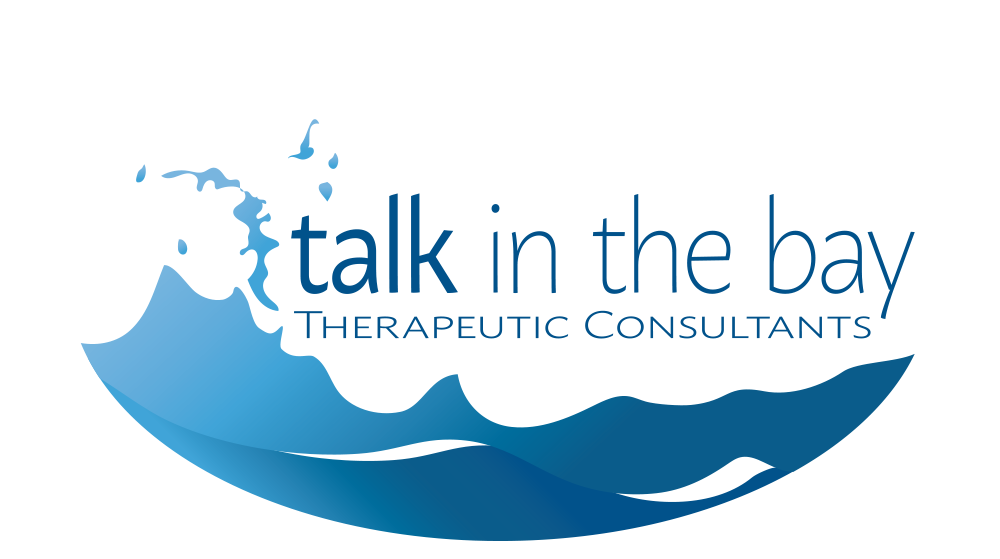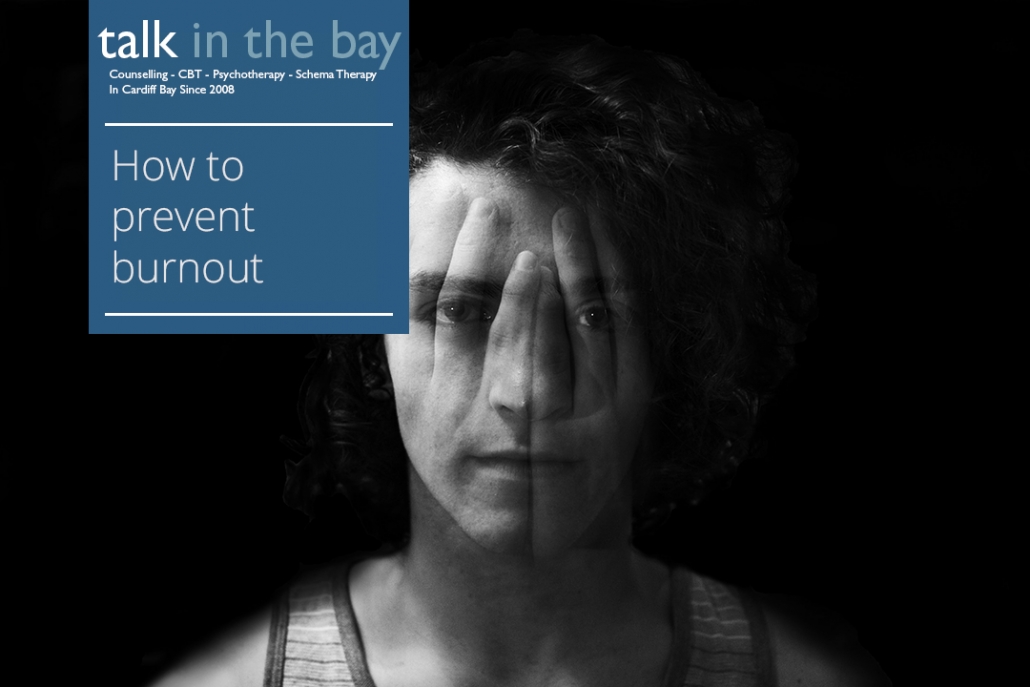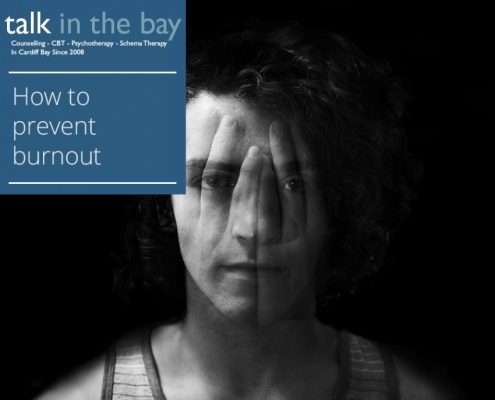What is chronic fatigue syndrome/ me
counselling?
Chronic fatigue syndrome is a condition which is also known by several other names including myalgic encephalomyelitis/encephalopathy (ME), chronic fatigue immune dysfunction syndrome (CFIDS) and post viral fatigue syndrome (PVFS).
Despite the various descriptions the most popular terms in use today are ME and CFS which are often used together as though they refer to the same condition, a move deemed controversial by many sufferers and medical experts.
What is ME?
ME is a condition which may have an identifiable trigger such as a viral illness, which is accompanied by various neurological symptoms and signs. It is a multi-system disease, affecting not only the neurological system but also the immune, musculoskeletal, endocrine (hormonal) and cardiovascular systems. In contrast, CFS is more commonly diagnosed in the absence of a detectable trigger and is usually based solely on an individuals symptoms, focusing on ‘fatigue’. It is for these reasons that CFS is considered to be the least serious of the two conditions.
As mentioned above it has now become commonplace to use the term ME/CFS as opposed to one or the other. The birth of this combined term came about in the 1990s when there was no specific diagnostic test for ME. At this point in time post-exercise fatigue was considered to be among the conditions most prominent symptoms and thus individuals with ME started to be diagnosed with CFS.
Since then there has been much research and debate over the combined use of the terms and in recent years experts have raised concerns over whether the diagnosis of CFS is so broad that it covers too many different patient groups. Furthermore, ME has been officially classified as a disorder of the nervous system in the World Health Organisation’s International Classification of Disease. CFS on the other hand has received only a small mention in more recent versions, prompting experts to recommend that ME be recognised as a separate subgroup of CFS.
In light of these developments there has been much effort from ME and CFS experts and charities to differentiate between the two conditions. However, whilst the debate continues the significant overlap in the symptoms and treatment approaches of the two conditions means that many patients and medical professionals refer to ME and CFS as the same condition and continue to use the blanket term of ME/CFS. For this reason we will continue to use this terminology throughout the remainder of this fact-sheet.
ME/CFS is officially recognised as a neurological disorder by the World Health Organisation, the Department for Work and Pensions and the Department of Health. Though symptoms of the condition will vary from person to person it is often characterised by exercise induced muscle fatigue, post-exertional malaise and cognitive dysfunction involving memory, attention span and information processing among other symptoms.
Unfortunately there is much confusion surrounding ME/CFS which not only stems from the issues raised in the above regarding debate over whether ME and CFS are the same, but also from inconsistencies in the terminology used to describe both similar and dissimilar conditions around the world. As it stands there is no internationally agreed definition of ME/CFS and it is the interchangeable usage of terms such as chronic fatigue, chronic fatigue syndrome, myalgic encephalomyelitis, myalgic encephalopathy, myalgic encephalitis, chronic fatigue immune dysfunction syndrome and post viral syndrome that is cause for confusion.
A prime example of this would be the use of the terms ‘chronic fatigue’ and ‘chronic fatigue syndrome’ as used in the term ME/CFS, which understandably are often used as if they refer to the same condition. However, ‘chronic fatigue’ and the ‘chronic fatigue syndrome’ included in the term ME/CFS are two completely different conditions which require very different treatment approaches.
Chronic fatigue means that you have had exhaustion or a lack of energy for six months or more, and generally (though not in all cases) it is a symptom of another condition such as infection, autoimmune disorders, muscle and nerve disease, depression, sleep disorders, stress or nutritional deficiencies.
Chronic fatigue syndrome or ME/CFS as it is otherwise known is a disabling fatigue which has gone on for longer than six months and is completely different to that of normal tiredness. Activity has a hugely reverberating effect on those with ME/CFS with the effects of physical, cognitive or emotional activity often delayed by hours or even days.
The condition can occur in any one of any age and though some individuals may be able to continue their lives in a relatively normal fashion with minimal side effects, others will experience severe disruptions to their lifestyle often having to give up work, education, social activities and some may even become housebound, bed-bound or wheelchair-bound.
Diagnosis and testing for ME
As though ME/CFS didn’t already play host to enough controversy and confusion there is actually another minefield when it comes to diagnostic testing and diagnostic criteria.
In order to achieve the correct diagnosis of medical conditions as early as possible it is helpful if there is a standard clinical diagnosis/set of guidelines to assist medical professionals in their diagnoses. However, as it stands no general diagnostic test or guidelines have been agreed upon for the effective or consistent diagnosis of the condition.
Unfortunately this has paved the way for numerous diagnostic criteria, all of which differ slightly in their interpretation of the illness. The various diagnostic criteria in use today each have their own school of thought regarding what triggers and perpetuates symptoms of ME/CFS, with some arguing ‘physical’ reasons and others favouring ‘behavioural’ and ‘psychiatric’ reasons.
It is for this reason combined with the fact that each set of criteria recommend different treatment options that medical experts and ME and CFS organisations are calling for a proper baseline for treatment. For now, research into causes and treatments will continue and a wide range of views and opinions of how people can be helped will remain.
Generally those who believe they may have ME/CFS will first have to undergo a series of tests to ensure that other possible conditions are ruled out. This may seem like a time consuming process but it is an essential step due to certain key ME/CFS symptoms being present in so many other conditions.
Below you will find details of the most common guidelines used for the diagnosis of ME/CFS (some of which were established for medical research). Please note, Counselling Directory do not endorse or favour any specific diagnostic criteria:
National Institute for Health and Care Excellence (NICE) guidelines
NICE define ME/CFS as a condition which commonly see’s a previously active and healthy individual experience a complex range of symptoms including severe fatigue and malaise following mental or physical activity. The full effects of this exhaustion may only appear 24 to 48 hours after the previous activity.
The NICE guidelines state that the condition may be triggered by an infection, although in some cases there is no obvious causative factor and instead the individual may report a gradual decline in health over a period of months or years.
Guidelines (2007) from the National Institute for Health and Care Excellence (NICE) recommend that doctors consider diagnosing CFS if an individual has fatigue with all of the following:
- a clear starting point
- persistent and/or recurrent
- a substantial reduction in activity level
- unexplained by other conditions
- characterised by post-exertional malaise and/or fatigue (feeling worse after physical activity).
and one or more of the following symptoms:
- headaches
- sore throat
- dizziness and/or nausea
- difficulty sleeping, or insomnia
- muscle and/or joint pain without inflammation
- painful lymph nodes that are not enlarged
- cognitive dysfunction, such as difficulty with thinking
- general malaise or flu-like symptoms
- physical or mental exertion that makes symptoms worse
- palpitations, without heart disease.
Not everyone will experience all of the key symptoms and there is also a whole host of ‘minor’ symptoms which are often not mentioned when patients describe their illness.
Recommendations from NICE with regards to the management of ME/CFS are aimed at maintaining a patient’s current emotional, physical and cognitive capacity and extending it where possible.
Different approaches will be used for different people and will be based on an individuals needs and the severity of their condition.
Some treatment options recommended by NICE include cognitive behavioural therapy or graded exercise therapy for individuals with mild or moderate ME/CFS. The decision to proceed with either treatment will be made jointly by the patient and professional.
Oxford Criteria
The Oxford Criteria was developed by psychiatrists and is used for research purposes. The criteria identifies two key syndromes, chronic fatigue syndrome and post-infectious fatigue syndrome.
Severe and disabling fatigue which has continued for a minimum of six months is classified as the principle symptom in the former. Furthermore the fatigue has to have been present for over 50 per cent of the time. Other symptoms include that of myalgia, sleep disturbances and mood swings and the criteria states that patients with established medical conditions which are known to produce fatigue, and patients with a psychiatric diagnosis (schizophrenia, depressive illness, eating disorder) should be treated with caution as their current conditions could result in misdiagnosis.
The latter, post infectious syndrome (PIFS) is a sub category of CFS which is usually caused by a previous or current infection.
Those who oppose the Oxford criteria believe that it includes too broad a spectrum of individuals, including anyone who suffers from unexplained long term fatigue (which automatically includes those for whom psychological disorders are a contributing factor e.g. depression. Experts are concerned that this has resulted in emphasis being placed on the psychological aspects of the illness.
Canadian Criteria
The Canadian Clinical Case Definition is a set of criteria which has been written by ME/CFS researchers from both the U.S. and Canada and is preferred by many patients and ME/CFS Charities. It is also the only criteria which has been developed for diagnostic rather than research purposes and states that the patient must have a significant degree of new onset, unexplained, persistent, or recurrent physical and mental fatigue that substantially reduces activity level.
The criteria is also used for research purposes and makes it clear that in order to meet the diagnostic criteria a patients condition must worsen after exercise (not improve) and neurological, neurocognitive, dysautonomic and immune manifestations must be present. In laymans terms, patients must also exhibit symptoms other than fatigue to meet the criteria.
This criteria is much more specific than others in existence which means ME/CFS patients can be distinguished from depressed patients, fibromyalgia patients and other conditions which are often confused with ME/CFS.
 https://talkinthebay.co.uk/wp-content/uploads/2022/10/World-Mental-Health-Day-2022-e1716448698921.jpg
563
1080
Carin Stenbeck
https://talkinthebay.co.uk/wp-content/uploads/2022/02/TalkintheBay_Logo_300dpi_Large.png
Carin Stenbeck2022-10-03 13:53:512022-10-04 13:39:59World Mental Health Day 22
https://talkinthebay.co.uk/wp-content/uploads/2022/10/World-Mental-Health-Day-2022-e1716448698921.jpg
563
1080
Carin Stenbeck
https://talkinthebay.co.uk/wp-content/uploads/2022/02/TalkintheBay_Logo_300dpi_Large.png
Carin Stenbeck2022-10-03 13:53:512022-10-04 13:39:59World Mental Health Day 22




